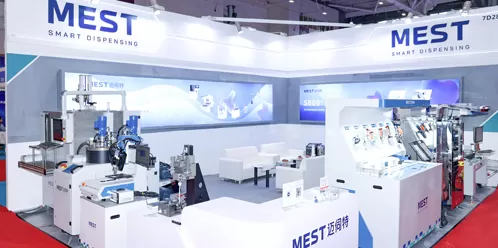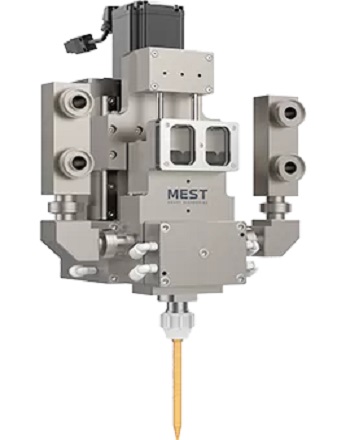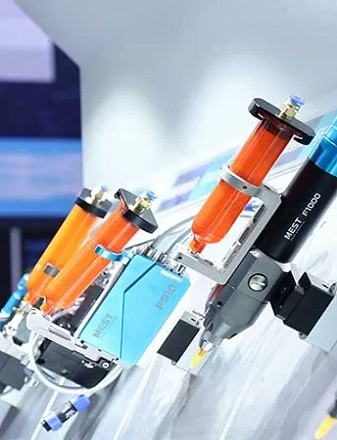
English
What are you looking for?
Selecting the right chemical metering pump for wastewater treatment is crucial for ensuring efficient and effective operations. With numerous factors to consider, from chemical compatibility to energy efficiency, making an informed decision can significantly impact your system’s performance and longevity. This guide provides essential tips to help you choose the best chemical metering pump for your specific needs.
Before selecting a chemical metering pump, it’s essential to understand your specific dosing requirements. This includes identifying the type and concentration of chemicals you need to dose, as well as the required flow rate and pressure. By accurately defining these parameters, you can ensure that the pump you choose will meet your operational needs and provide consistent performance. Additionally, understanding your dosing requirements helps in selecting a pump that can handle the chemical properties without degradation or failure.
Material compatibility is a critical factor when choosing a chemical metering pump. The pump materials must be resistant to the chemicals being dosed to prevent corrosion and ensure longevity. Common materials include stainless steel, PVC, and PTFE, each offering different levels of chemical resistance. By prioritizing material compatibility, you can avoid costly repairs and downtime, ensuring that your pump operates efficiently and reliably over time.
Precision and control are paramount in chemical dosing applications. Look for pumps that offer accurate dosing capabilities and advanced control features, such as digital interfaces and programmable settings. These features allow for precise adjustments and monitoring, ensuring that the correct amount of chemical is dosed consistently. High precision and control not only improve treatment efficiency but also reduce chemical waste and operational costs.
Energy efficiency is an important consideration for any wastewater treatment operation. Choosing an energy-efficient chemical metering pump can lead to significant cost savings and reduce your environmental footprint. Look for pumps with energy-saving features, such as variable speed drives and efficient motor designs. By optimizing for energy efficiency, you can achieve sustainable operations while maintaining high performance.
Easy maintenance and reliability are key factors in selecting a chemical metering pump. Pumps that are designed for easy access and maintenance can reduce downtime and extend the lifespan of the equipment. Features such as quick-release components and clear maintenance guidelines can simplify the process. Additionally, choosing a reliable pump from a reputable manufacturer ensures consistent performance and reduces the risk of unexpected failures.
Scalability is an important consideration for growing operations. Choose a chemical metering pump that can be easily scaled to meet future demands. This includes selecting pumps with modular designs that allow for capacity expansion and integration with additional systems. By considering scalability, you can ensure that your investment remains viable as your operational needs evolve.
Partnering with a trusted supplier is essential for ongoing support and service. A reputable supplier can provide expert advice, technical support, and maintenance services, ensuring that your chemical metering pump operates at peak performance. Look for suppliers with a proven track record and comprehensive service offerings. By partnering with a trusted supplier, you can ensure reliable operation and quick resolution of any issues that may arise.
At MEST, we specialize in delivering cutting-edge chemical metering pumps tailored for wastewater treatment, ensuring precision, durability, and efficiency. With over 30 years of expertise in fluid control technology, MEST offers robust metering pumps designed to handle the harsh chemicals and demanding conditions of wastewater applications, such as coagulants, flocculants, and pH adjusters. Our pumps feature corrosion-resistant materials like PVDF and stainless steel, advanced digital controls for precise dosing, and energy-efficient designs that reduce operational costs. MEST’s commitment to innovation and reliability, backed by our ISO-certified manufacturing and global service network, ensures seamless integration and long-term performance for wastewater treatment facilities. Choose MEST for scalable, low-maintenance solutions that meet stringent regulatory standards and optimize your wastewater treatment process. Contact us at www.mestdispensing.com to explore our industry-leading metering pumps and elevate your wastewater management.
Diaphragm Pumps
Peristaltic Pumps
Piston Pumps
A chemical dosing pump is designed to inject precise amounts of chemicals into a system, ensuring accurate and consistent dosing for processes such as water treatment, chemical processing, and manufacturing.
A metering pump is designed for precise flow control and accurate dosing, often used in applications requiring exact chemical delivery. A dosing pump, while similar, is typically used for injecting chemicals into a system at a controlled rate, focusing more on the delivery aspect rather than precision.


